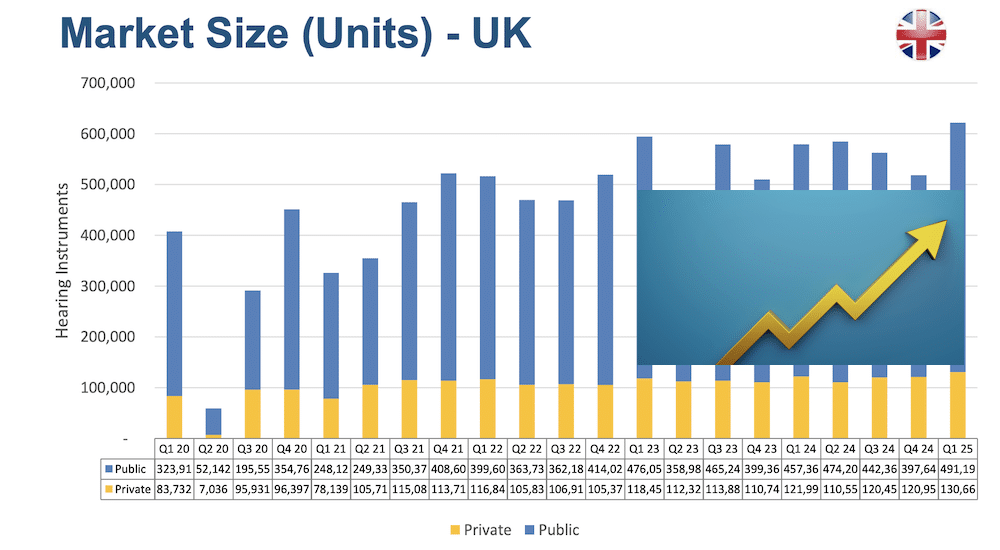A growing number of countries are concerned by Cochlear's Oticon Medical deal
The U.K.’s Competition and Markets Authority (CMA) and the European Commission are the latest regulators to raise doubts about Cochlear's £120m purchase of Demant's implants business, Oticon Medical.

Australian regulators had already voiced their concerns when, last week, two heavyweight European bodies added objections that Denmark-based Demant must now meet. The EU Commission’s competition department announced it was to invesigate the sale of Oticon Medical to Australian company Cochlear at the behest of Spanish authorities. The concerns were immediately backed by regulating bodies in Bulgaria, Denmark, Finland, France, Ireland, Italy, Lithuania, the Netherlands, Norway, Poland, Portugal, and Sweden.
Thirteen EU countries, plus Australia and the UK makes 15 now. Their doubts? The EU Commission, which has stepped in at the request of member states despite the deal’s revenue possibilities being under the threshold to trigger automatic EU intervention, the thinking is currently as follows: “The transaction threatens to significantly affect competition in the market for cochlear implants and bone conduction solutions in the EEA and in the referring countries. The Commission also concludes that it is best placed to examine the potential cross-border effects of the transaction.”
UK looking at risks distorting competition and affecting prices for end users
In the UK, the CMA’s senior director of mergers, Sorcha O’Carroll, issued a statement, outlining: “We’re concerned that this deal could lead to higher costs for the NHS and worse outcomes for patients who rely on life-changing hearing implants. The merger will wipe out one of the main suppliers and leave Cochlear with a near monopoly in the supply of bone conduction implants.”
With the plot thickening, and Demant confident that all concerns can be satisfactorily ironed out with regulators, both groups involved in the deal had until December 13 to make their case to the CMA “through the offer of undertakings.” Should the concerns not be addressed, the CMA will refer the takeover for an in-depth investigation.
Meanwhile, the EU Commission needs Cochlear to make an official report on the transaction, which cannot be completed without official clearance. Watch out for more updates.
Source: MedWatch/UK Gov


